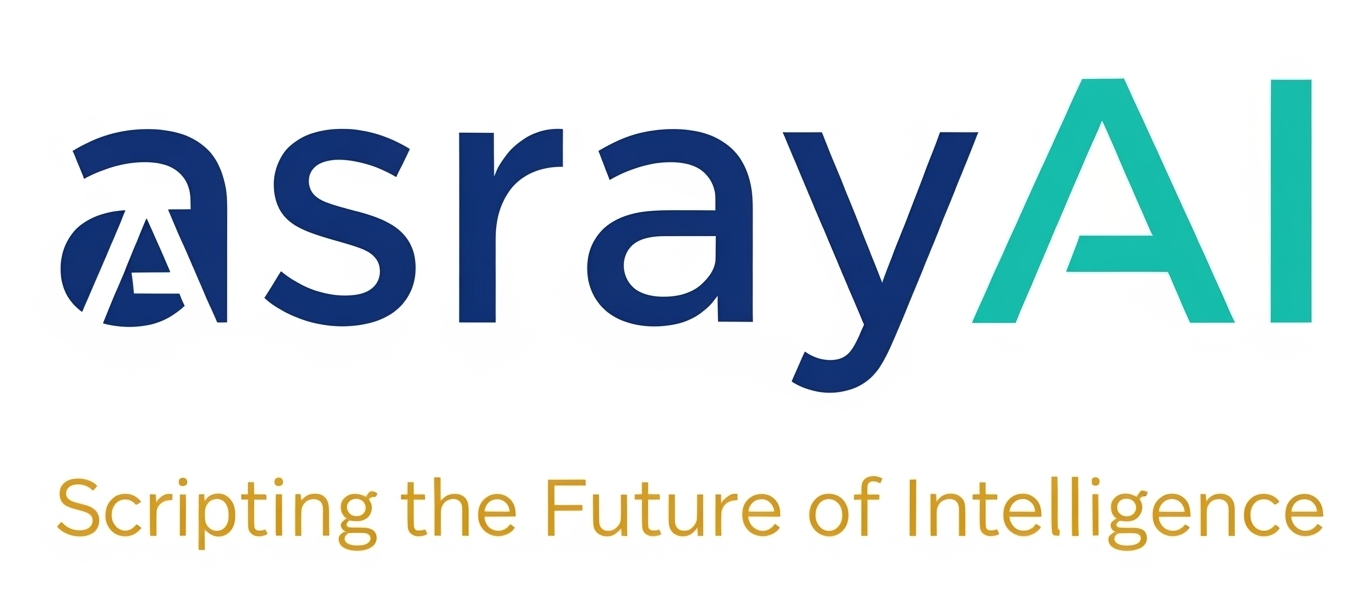AI agents are often compared to employees — digital workers who take on tasks, work tirelessly, and scale effortlessly. But what does this mean for the future of labor, productivity, and economics? In this post, we’ll look at how agents fit into the global workforce and the opportunities and challenges they create.
1. Agents as Digital Employees
AI agents can be thought of as knowledge workers in code form.
- They handle emails, research, scheduling, and data analysis.
- They never tire, demand benefits, or need breaks.
- They scale horizontally — you can spin up 100 agents for the price of compute.
This positions them as a new form of labor.
2. Cost vs. Value
Companies measure human workers by salaries and productivity. For agents, the economics are different:
- Costs: API calls, compute power, storage.
- Value: Time saved, output generated, errors avoided.
- In many cases, agents deliver ROI far beyond their cost.
This makes them especially attractive in high-volume, repetitive industries.
3. Complement, Not Replacement
While headlines warn of job loss, many companies are using agents as complements to human workers.
- Agents handle grunt work (data entry, first drafts).
- Humans handle creativity, strategy, and decision-making.
- The result is a workforce that achieves more with less effort.
This hybrid model is likely to dominate in the near term.
4. Shifts in Labor Markets
If agents take on routine knowledge work, we may see:
- Deflationary pressure on some salaries (basic support roles).
- Increased demand for oversight, prompt engineering, and agent orchestration roles.
- New industries emerging entirely from digital labor (e.g., agent-only startups).
The workforce isn’t just changing — it’s diversifying.
5. Risks and Ethical Questions
- Equity: Will only wealthy companies benefit from agent labor?
- Transparency: Should users know when they’re talking to an agent vs. a human?
- Dependency: What happens if entire businesses rely on agents that fail?
The economics are compelling, but they raise tough questions.
Conclusion
AI agents are becoming a new kind of labor force — digital employees that scale, adapt, and execute at low cost. They won’t replace humans entirely, but they will reshape labor markets and business models. The challenge for society is to ensure this shift benefits everyone, not just those with access to the most powerful agents.
